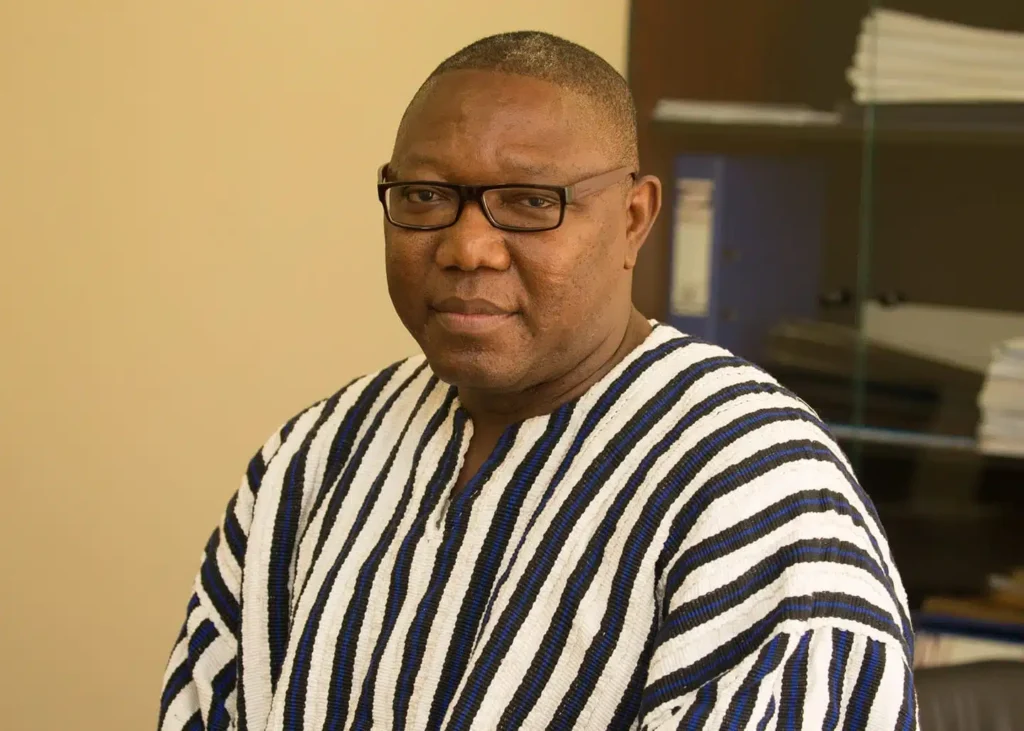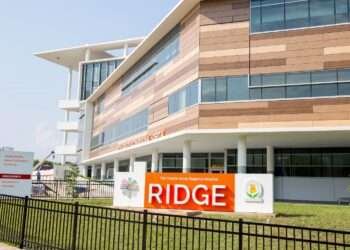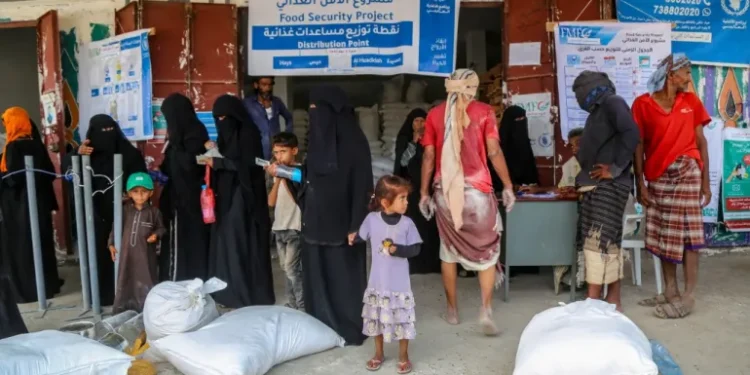Ghana’s education system has faced several challenges, including infrastructure deficits and the controversial “double-track” system introduced as a temporary measure to accommodate increased enrollment.
A Recent discussion between Hon. Clement Abas Apaak, Member of Parliament for Builsa South, and Professor Kwasi Opoku-Amankwa, the Director-General of the Ghana Education Service, has centered on ways to tackle these issues.
Both leaders shared their perspectives on the necessity of improving educational infrastructure and the possible abolition of double-track shortly.
They both analyzed their remarks, with a focus on their suggested solutions for addressing infrastructure needs and the double-track system.
Hon. Apaak highlighted the NDC’s commitment to enhancing school infrastructure to address overcrowding and phase out the double-track system.
He argued that better infrastructure is essential, as it allows for a fair distribution of students and improves access to quality education.
“We believe that we can abolish it and make available the infrastructure. I put it to you… We are building schools to participate. We have said we are going to complete the abandoned e-blocks.
Hon. Apaak also acknowledged that infrastructure development might take time but insisted that a more resilient approach could yield results.
He highlighted the need for efficient use of current facilities and the importance of redistributing students to underutilized schools.
“The Fumisi senior high agric school has good space. But, you know, because it is classified as a grade B, some will say C school, it does not attract the numbers that it really will require.”
Hon. Clement Abas Apaak Member of Parliament for Builsa South
He suggested that a redistribution policy could help reduce overcrowding in top-tier schools by directing students to schools with available resources.
“It is not going to be only one avenue towards solving this problem. There are multiple avenues.… We can do it coterminously.”
Hon. Clement Abas Apaak Member of Parliament for Builsa South

Double-track and Enrollment Redistribution
The Director-General of the Ghana Education Service, Professor Kwasi Opoku-Amankwa, addressed the broader implications of the double-track system and its perception among parents and students.
He noted that double-track was introduced to manage enrollment surges.
Prof Opoku-Amankwa argued that no parents said they were uncomfortable with the double track system.
Meanwhile, he cautioned that such a move would require careful planning, including infrastructure expansion and redistribution of students.
He highlighted ongoing efforts to encourage enrollment in under-enrolled schools by providing students with more options, especially for those willing to attend day schools as boarding students.
“One of the things that we did was that every person should choose one day school… the year before I left, there were about 160 schools that we said you could choose as your day school.”
Professor Kwasi Opoku-Amankwa Director-General of the Ghana Education Service
Prof Opoku-Amankwa further explained that providing these options could help balance enrollment across schools with varying resources and capacities.
He noted that the double-track system was always intended as a temporary solution and reiterated that any transition away from it would require substantial planning and adjustments in school placements.
Collaborative Approach to Addressing Educational Challenges
Both Hon. Apaak and Professor Opoku-Amankwa emphasized that addressing educational infrastructure and managing student enrollment would require a multifaceted approach.
Hon. Apaak outlined his vision of abolishing double-track while simultaneously building and completing infrastructure projects, including the “e-blocks.”
This approach, he noted, would ensure equitable access to quality education across all schools and reduce overcrowding in high-demand institutions.
Prof Opoku-Amankwa, while agreeing on the need to improve school infrastructure, highlighted the complexities of redistribution and suggested more strategic placements and choices for students to balance enrollment.
By allowing students to select certain day schools as boarding schools, the GES hopes to optimize existing capacity and alleviate overcrowding in some schools.
“There are schools that have sufficient space… if we can do a rearrangement and a redistribution of the students.”
Professor Kwasi Opoku-Amankwa Director-General of the Ghana Education Service
Both leaders’ statements reflected an understanding that improving the education system in Ghana requires not just abolishing double-track but also a concerted effort to enhance infrastructure and redistribute student enrollment across schools effectively.
Hon. Apaak and Prof Kwasi Opoku-Amankwa’s discussion underscores the critical need for an integrated approach to addressing the challenges in Ghana’s educational system.
While Hon. Apaak supports abolishing double-track and completing stalled infrastructure projects, Professor Opoku-Amankwa focuses on the strategic redistribution of students to optimize existing resources.
Their perspectives revealed a shared commitment to creating a more equitable and efficient education system that meets the demands of Ghanaian students and parents alike.
READ ALSO; Abeiku Santana Reacts to Donald Trump’s Win























